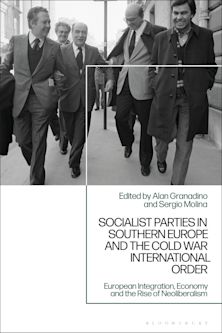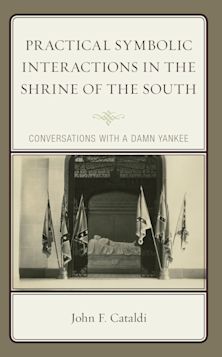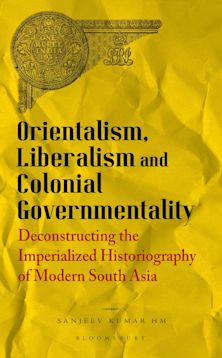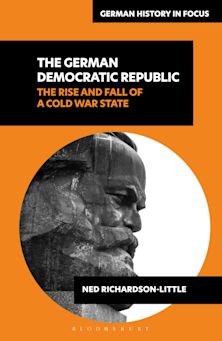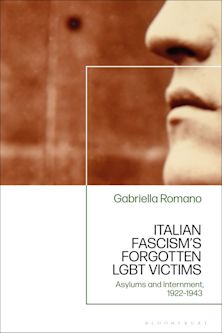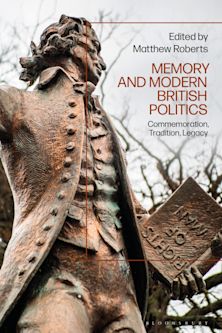Alexandre Kojève
A Man of Influence
This product is usually dispatched within 2-4 weeks
- Delivery and returns info
-
Flat rate of $10.00 for shipping anywhere in Australia
Description
This edited volume addresses Alexandre Kojève's work from different perspectives, emphasizing the continuity between his early reception of a set of non-philosophical and philosophical influences and that which he might have sought himself to exercise in a pedagogical and practical manner. The first part of the book comprises six essays in which their authors explore Kojève's understanding of art, religion and atheism, and his reception of the thought of Hegel, Marx, and Carl Schmitt. The book's second part is made up by two contributions that tackle respectively Kojève's conceptions of the “end of history” and “empire” in the light of his notion of Sophia or “Wisdom”, and his understanding of the relationship between philosophy and power in the light of an exegetical reading of the debate he held with Leo Strauss. The authors of the final three essays set out to explore the extent to which Kojève's previous processing of a set of non-philosophical and philosophical influences might have resulted in three increasingly concrete outcomes, namely: his notion of authority; the Lacanian mirror-stage; and global trade.
Table of Contents
Chapter 1: From the Inexistent to the Concrete: Kojève after Kandinsky by Isabel Jacobs
Chapter 2: Between Kant and Hegel: Alexandre Kojève and the Absolute State by Jeff Love
Chapter 3: Kojève and Christianity by José María Carabante
Chapter 4: History and Nothingness: Kojève´s Re-Leveraging of Hegel´s Dialectic of Freedom by Waller R. Newell
Chapter 5: Kojève and Marx: Elusive Affinities and Divergences by Igor Shoikhedbrod
Chapter 6: Alexandre Kojève and Carl Schmitt: Mythologies of Enmity by Massimo Palma
Part II: Action and End of History/Wisdom: Means and End of the Concept toward Concretion
Chapter 7: Wisdom, Self-Consciousness, and Empire by Alexei Rutkevich
Chapter 8: Tyranny or Wisdom: A Reading of the Strauss-Kojève Debate by José Daniel Parra
Part III: Three Concrete Kojevean Outcomes and their Likelihood: Authority, the Mirror Stage and Global Trade
Chapter 9: Authority and Legitimacy in Alexandre Kojève´s The Notion of
Product details
| Published | 23 Sep 2022 |
|---|---|
| Format | Hardback |
| Edition | 1st |
| Extent | 260 |
| ISBN | 9781793654465 |
| Imprint | Lexington Books |
| Dimensions | 238 x 159 mm |
| Publisher | Bloomsbury Publishing |
Reviews

ONLINE RESOURCES
Bloomsbury Collections
This book is available on Bloomsbury Collections where your library has access.












